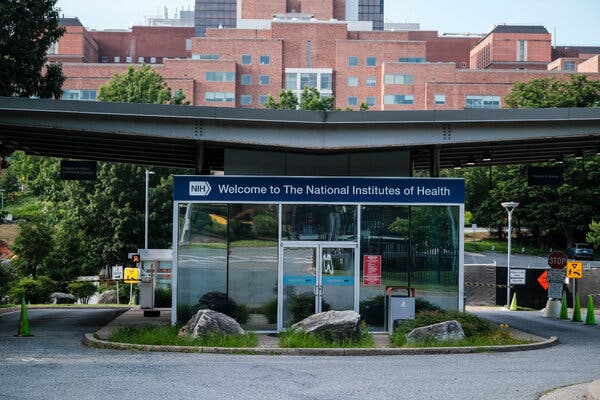Two prominent scientists have filed whistle-blower complaints claiming they were removed from their leadership positions at the National Institutes of Health (NIH) due to their objections to actions taken by the Trump administration that they argue undermined vaccine research. The complaints, submitted late on March 15, 2023, highlight significant internal tensions at the NIH, an agency historically recognized for its contributions to vaccine development and public health.
Dr. Jeanne Marrazzo, who directed the National Institute of Allergy and Infectious Diseases (NIAID) until the end of March, and Dr. Kathleen Neuzil, who led the NIH’s Fogarty International Center until mid-April, assert that their dismissal was directly linked to their opposition to what they characterized as “hostility” towards vaccines within the upper ranks of the NIH. They contend that this hostility has led to a politicization of the grant-making process and attempts to flout court orders, ultimately jeopardizing critical research funding.
The allegations presented in the complaints reveal a concerning environment at the NIH, particularly as the Trump administration imposed restrictions on the nation’s medical research funding. The scientists expressed alarm over dangerous and unscientific views regarding vaccines that, according to them, have permeated the federal government. These views, they argue, could potentially pave the way for preventable infections by hindering vaccine research initiatives.
The complaints have intensified calls from former high-ranking health officials who warn about the implications of such policies. They contend that these actions not only threaten current vaccine development but also restrict federally funded research into future inoculations against infectious diseases.
The responses from the NIH and the Trump administration regarding these allegations have yet to be made public. The situation underscores the ongoing debate over the role of government in scientific research and public health, particularly in the context of vaccine development amidst a global health crisis. The outcomes of these whistle-blower complaints may have far-reaching effects on the agency’s future direction and its commitment to vaccine research.
As the situation evolves, the need for transparency and integrity in the federal government’s approach to public health remains paramount. The implications of these complaints could influence not only the NIH but also the broader landscape of vaccine research in the United States and beyond.
